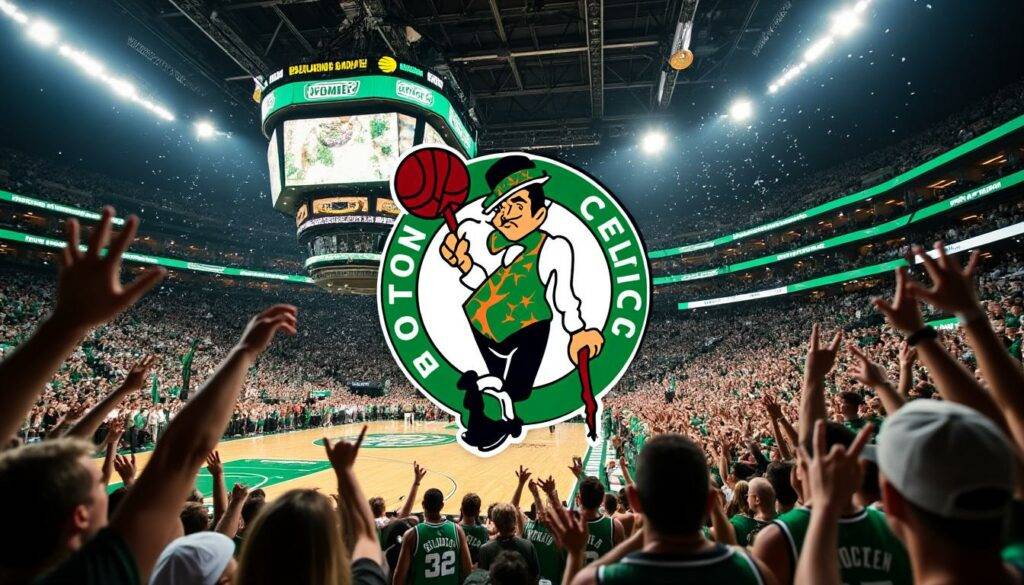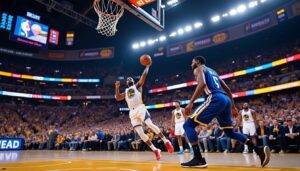NBA approves historic sale of the Boston Celtics

The NBA Board of Governors has unanimously greenlit a historic sale of the Boston Celtics to a high-profile ownership group led by Bill Chisholm. The deal, pegged at $6.1 billion, redefines what a pro sports franchise can fetch in today’s market and signals a new era of ownership dynamics for one of the league’s most storied franchises.
Historic Celtics Sale Sets New Benchmark In NBA Valuations
The transaction is expected to close shortly, with Chisholm taking ownership of at least 51% of the team immediately and gaining full control by 2028. That trajectory could push the franchise’s value toward $7.3 billion over time, underscoring the Celtics’ enduring brand strength and market reach. This price tops every American professional team sale on record, even as the Lakers’ potential $10 billion ceiling looms for a controlling stake under a separate arrangement.
- Record-setting $6.1 billion valuation for an NBA team, and a historic high in U.S. pro sports
- Ownership shift: at least 51% now, with full control by 2028
- Contextual contrast: Lakers’ broader valuation path could reach $10 billion with uncertain ownership splits
- Key figures: Bill Chisholm, Rob Hale, Bruce Beal Jr. join Wyc Grousbeck’s strategic legacy
Why This Sale Reshapes Valuations And Market Expectations
The Celtics’ sale sets a new bar for franchise value, surpassing prior U.S. records like the $6.05 billion Commanders deal from 2023 and outpacing the recent $4 billion Suns sale. It also reframes how ownership groups structure control timelines and how buyers leverage brand ecosystems to amplify revenue streams. Analysts note that the deal highlights a cross-pollination of media rights, sponsorships, and fan engagement that extend beyond the court.
- New benchmarks for NBA team valuations influence future discussions on media rights and sponsorships
- Projected control timeline creates strategic planning windows for the Celtics’ front office
- Implications for regional branding and national partnerships with major athletic brands
Exploring the mechanics and market impact of this landmark deal.
Direct insights from the new ownership group around vision and strategy.
Behind The Chisholm Group: Leadership, Strategy, And Celtics History
Chisholm, a Massachusetts native and Dartmouth and Wharton alumnus, leads a California-based Symphony Technology Group. The group also features Boston-area investors Rob Hale and Bruce Beal Jr., while Wyc Grousbeck remains a central figure in the team’s recent championship-era leadership (2008, 2024). The acquisition built momentum by outbidding other groups, including a bid from former Celtics minority partner Steve Pagliuca.
- Bill Chisholm: regional ties, tech-forward investment approach
- Rob Hale: current Celtics shareholder with local market familiarity
- Bruce Beal Jr.: strategic operations and ownership experience
- Wyc Grousbeck: past owner and NBA champion-era leadership
- Steve Pagliuca: competitor bidder with plans to relocate the Connecticut Sun
Brand, Sponsorships, And Fan Experience: What Changes Lie Ahead
The deal unfolds within a broader ecosystem where marquee brands—Nike, Adidas, Under Armour, and Jordan Brand—along with Gatorade, New Balance, Spalding, Fanatics, ESPN, and TNT, regularly shape the Celtics’ revenue mix. Ownership shifts often accelerate merchandising strategies, global fan engagement, and cross-promotional campaigns, which could intensify as the team aligns with a national and international audience.
- Brand partnerships and jersey lineups may see refreshed alignment aligned with group priorities
- Merchandising and fan experiences are likely to expand through Fanatics and Jordan Brand collaborations
- Media exposure and broadcast partnerships with ESPN and TNT could intensify as the ownership structure evolves
For context on how market shifts influence team strategy and playoff exposure, readers might explore related analyses at NBA Playoffs Schedule insights and Nuggets-Raptors 2025 Series breakdown.
Other related reads include discussions around player movement and organizational strategy, such as the Lillard-Blazers deal and the Kyrie Irving/Mavericks/Porzingis/Hawks scenario.
- Closing timeline: transaction expected to close imminently with full control by 2028
- Valuation trajectory: potential to reach roughly $7.3 billion total in value
- Competitive landscape: cross-market comparisons with other blockbuster sports transactions
Key Dates And Milestones In The Celtics Deal
- Board approval date: August 13, 2025
- Initial ownership stake: at least 51% to Chisholm-led group
- Full control target: by 2028
- Projected valuation trajectory: up to $7.3 billion at full transition
FAQ
What does this sale mean for Celtics fans in the short term?
Fans should expect continuity in on-court operations while the new ownership implements long-range branding and engagement plans. Short-term ticketing and community outreach may see strategic adjustments, but the team’s championship legacy remains central to the franchise identity.
How will the ownership transition affect team operations by 2028?
The transition is designed to move from minority-to-majority control gradually, ensuring stability in front-office leadership, player development, and strategic partnerships. The timeline allows for orderly integration of new governance structures and long-range investment in talent and facilities.
Could this sale influence sponsorships and jersey partnerships?
Absolutely. With a record valuation, executives are likely to pursue broader global sponsorships and innovative merchandising programs. Expect intensified collaboration with major brands and a focus on expanding the Celtics’ international footprint.
What broader impact could this have on the NBA’s revenue model?
The Celtics deal adds a data point for franchise valuations and may accelerate conversations about media rights, digital engagement, and cross-league collaborations. It could reshape expectations for future sales and drive more aggressive investments in fan-first experiences.

